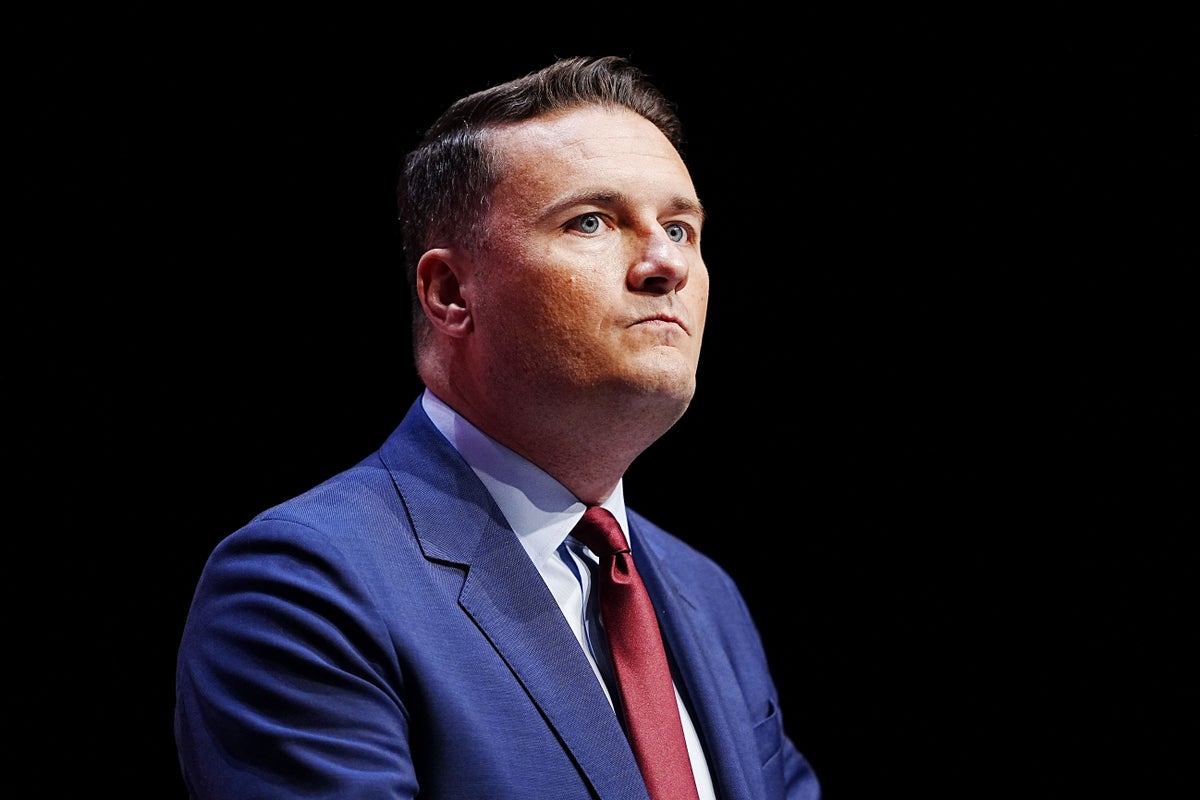
Health Secretary Wes Streeting has ordered an urgent review of vetting procedures for foreign-qualified doctors after 22 medics banned from practising overseas were cleared to treat NHS patients.
Mr Streeting said the findings of an investigation by The Times were “horrific” and “a serious failure in our medical regulatory systems that I will not tolerate”.
The Times reported how 22 doctors have been subject to discipline or restrictions overseas but there is no record of that on their General Medical Council (GMC) licences in the UK.
Cases include doctors suspended abroad over their care of patients and one medic who lost his medical licence overseas for having sex with a patient.
Another doctor was found to have sexually harassed colleagues, one was evading stalking charges and another was convicted of assault.
The Times highlighted how some of this information is public record and easily found on the internet.
Using a computer programme, global reporters compared the names and biographies of doctors who had been disciplined abroad with the names of doctors registered with the GMC, and where there was a match verified this was the same person.
Mr Streeting said of the findings: “The public rightly expects that any doctor practising in this country meets the highest standards of professional conduct and these horrific allegations represent a serious failure in our medical regulatory systems that I will not tolerate.
“Patient safety is my priority, which is why I have taken immediate action, requesting urgent clarification from the General Medical Council about their processes for vetting international doctors seeking to work in the UK.
“I have also instructed NHS England to identify the status of these doctors and work with trusts to ensure patients and staff are kept safe as a matter of urgency.
“No doctor with serious misconduct findings should be able to slip through the cracks and practise in our NHS – no exceptions, no matter where they trained.”
The GMC told the PA news agency it encouraged sharing of information between medical regulators and some of the cases highlighted how other regulators had not informed them of overseas sanctions.
In other cases, the GMC was aware of an overseas sanction but still decided the person could work in the UK.
The GMC is now reviewing 26 cases, including one as a matter of urgency.
Of these, 25 doctors do not currently have a licence to practise in the UK, though they may have worked in the UK previously.
A GMC spokeswoman said: “We take our role protecting patients extremely seriously.
“We were instrumental in establishing the EU’s fitness-to-practise information-sharing system in 2013, and although Brexit ended our access, we continue to proactively share information extensively with regulators overseas, including in the EU, where we have taken action against doctors registered with us.
“We also routinely receive information from overseas regulators including by way of the physician information exchange which has been developed by the International Association of Medical Regulatory Authorities.
“We also always actively seek information from overseas regulators when doctors who have been working in other countries apply to register with us.
“Doctors wishing to gain registration should also be under no illusion about their duty and responsibility to tell us about anything that might affect their ability to practise safely in the UK – our professional guidance makes this very clear.
“We will continue to review each case carefully and thoroughly, and, where doctors are registered with us, decide what action we might need to take.”
